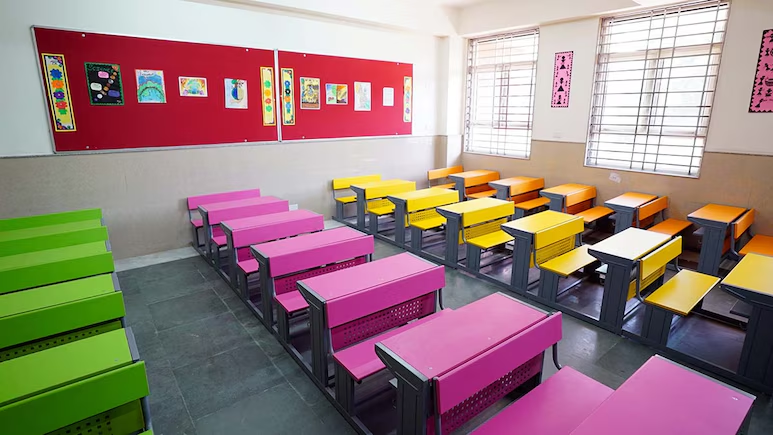
The Indian Institute of Technology Madras, or IITM researchers are developing mechanically-rechargeable zinc-air batteries as an alternative to Lithium-ion batteries. These batteries will be used in Electric Vehicles. Besides being economical compared with existing lithium-ion batteries, they have a longer shelf life too. Zinc-air batteries can be used in two-wheeler and three-wheeler EVs. The researchers who are involved in this project are collaborating with major industries to develop these zinc-air batteries.
According to the release, the researchers are mooting separate ‘Zinc Recharge Stations', similar to petrol stations. The EVs Users utilising zinc-air batteries can reach out to these bunks whenever the batteries are drained, similar to the current model of conventional vehicles refuelling at petrol stations.
“This technology is based on ‘Battery Swapping' in which Vehicle Users can swap used ‘zinc cassettes' of the battery with fully-charged ‘zinc cassettes' at these ‘Zinc recharge stations.',” the IIT Madras official statement reads.
Talking about the project, Dr Aravind Kumar Chandiran, Assistant Professor, Department of Chemical Engineering, IIT Madras, stated, “This is a major advantage of the zinc-air batteries as currently the only option available with the lithium-ion batteries is that the entire used battery pack has to be removed and be swapped with a complete lithium-ion battery pack. This results in double the capital investment in the case of lithium-ion batteries.”
IIT Madras Zinc-Air Batteries: Advantages
- Zinc is widely available in India and would reduce the import of lithium-ion batteries
- Zinc is cheaper as compared to lithium-ion batteries. While lithium-ion batteries cost 200 to 250 dollar a KWhr, zinc-air batteries cost around 150 dollar KWhr. With wider usage, the price is expected to come below 100 dollar KWhr.
- Zinc-air batteries are also water-based and have a longer shelf life.
- Zinc-air batteries have good turnaround efficiency.
“According to the proposed plan, a EV user will only have to spend a few minutes at the ‘zinc recharge stations' to swap ‘zinc cassettes',” speaking on the significance of the project, Mr Akhil Kongara, a Research Scholar, IIT Madras, said.
Gunjan Kapadia, another Research Scholar working on the zinc-air batteries and lithium-ion batteries operational safety at IIT Madras, explained, "The indigenously developed zinc-air batteries, specifically in an Indian context, are extremely safe as it has aqueous electrolyte and it doesn't catch fire even in worst case scenario of EVs accident."
